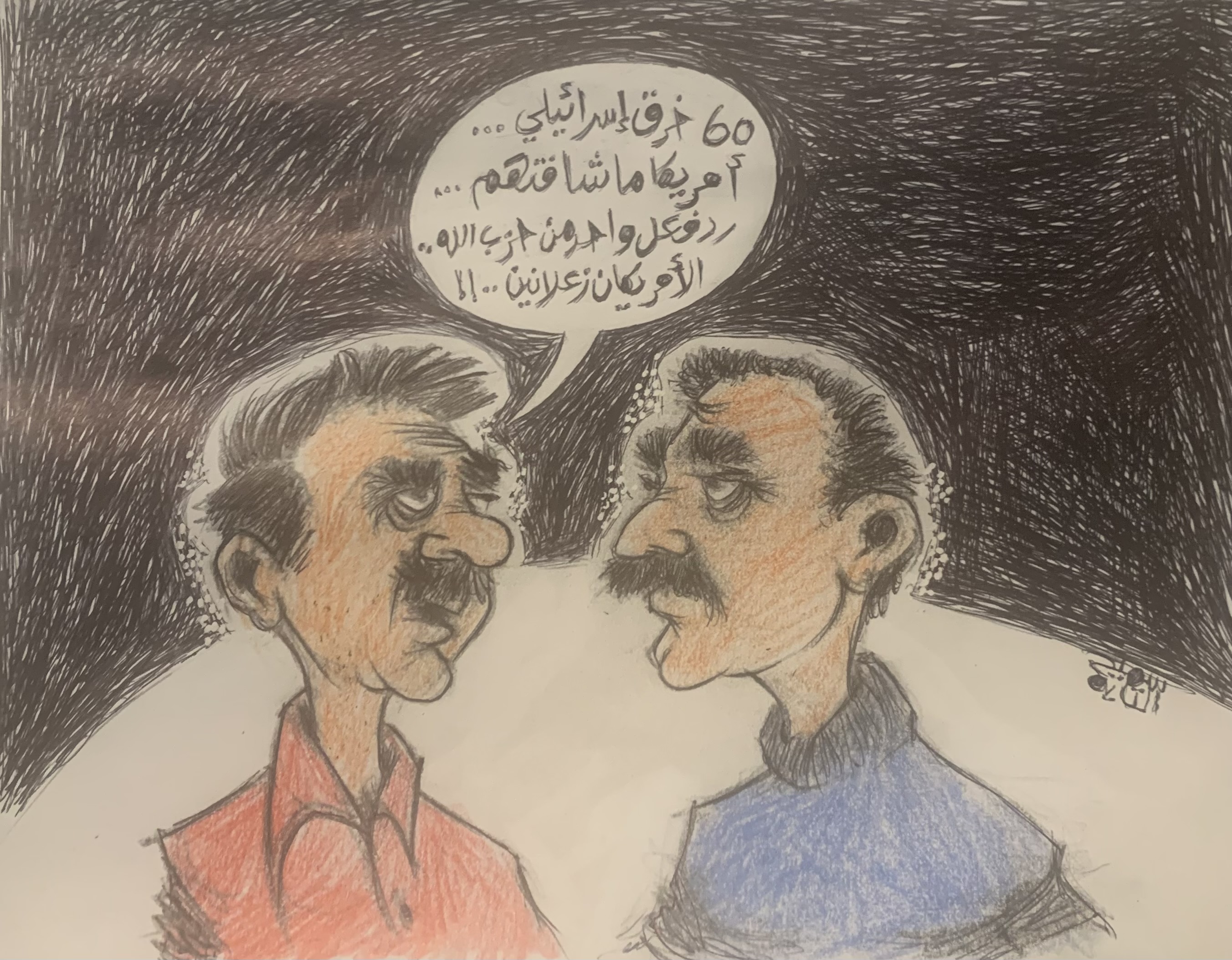
Written by Nasser Kandil,
What was stated by the US Secretary of Defense James Mattis to stop the war on Yemen was remarkable; he did not send a political call, rather he prepared a practical agenda of thirty days to cease fire and to start the political negotiation without bothering himself the visit to Riyadh And the consult with the Saudi leadership as a strategic partner in the region according to the description of James Mattis and the US President Donald Trump. Mattis's words which are closer to the military order were intended to Saudi Arabia and UAE to stop the war, while the rest of what was stated was a call to the Yemeni leadership and Ansar Allah in particular to accept the barter of the stopping of the Saudi-Emirati military operations in exchange for stopping the missile bombing of the Saudi areas. It is a call that had a clear response from Ansar Allah by linking every discussion to stop the war with the comprehensive application, at the forefront lifting the siege.
The new balance in Yemen has become clear after the US position, it grants Ansar Allah its status in parallel with Washington which announced its control over the decision of Saudi Arabia, UAE, and those who are with them from the Yemenis. It is clear that Muscat will run the negotiation between the Yemeni and American representatives, and it is clear too that Washington does that after it imposed a tax of normalization on Muscat in exchange for the prize of the negotiating role. Despite the fact that the relationship of Ansar Allah with Iran is not a dependency relationship, but Muscat is aware that the geopolitical equations in the region have made out of the war of Saudi Arabia and UAE in Yemen an entry to possess superiority elements against Iran in seas, land, crossings, and straits, and that the US talk about the need for Saudi Arabia to confront Iran is not as the outcomes of the war on Yemen. The cessation of the war under American decision is bound to interact with the Yemeni demands and conditions to lift the siege. This means the end of the Saudi role especially regarding the confrontation with Iran.
Practically, Washington does not forget that the conditions of stopping the war will not include the removal of the ballistic missiles from the hands of Ansar Allah and that the illusion of the international supervision is just in media, and that the call for a temporary autonomy of the Yemeni territories will not be accepted by Ansar Allah, and that the way will be open to a provisional government that paves the way for elections. Therefore, the path of the situation in Yemen will not be different from the fate of the situation in Syria where America lost the war on the Syrian independent state and this is enough to announce the victory of Iran. According to the American newspapers and the studies' centers depended by the American administration in forming its policies, what matters Iran is to have on the borders of Palestine a Syrian fighting capable and independent country and to have on the Gulf waters and the Red Sea a Yemeni country which believes in the national independence that is not under the control of Washington directly or through Saudi mediation. This is known by Washington once it stops the war.
The course of the American sanctions, their coincidence with the practical openness to the Iranian interests, and the course of negotiation by Muscat raise the question about the certainty of Washington of going into a confrontation with Iran, and its confidence that sanctions can adapt Iran, after it became mere a negotiating necessity and after Saudi Arabia has been got out of war affected by its consequences.
2018-11-05 | عدد القراءات 1656









